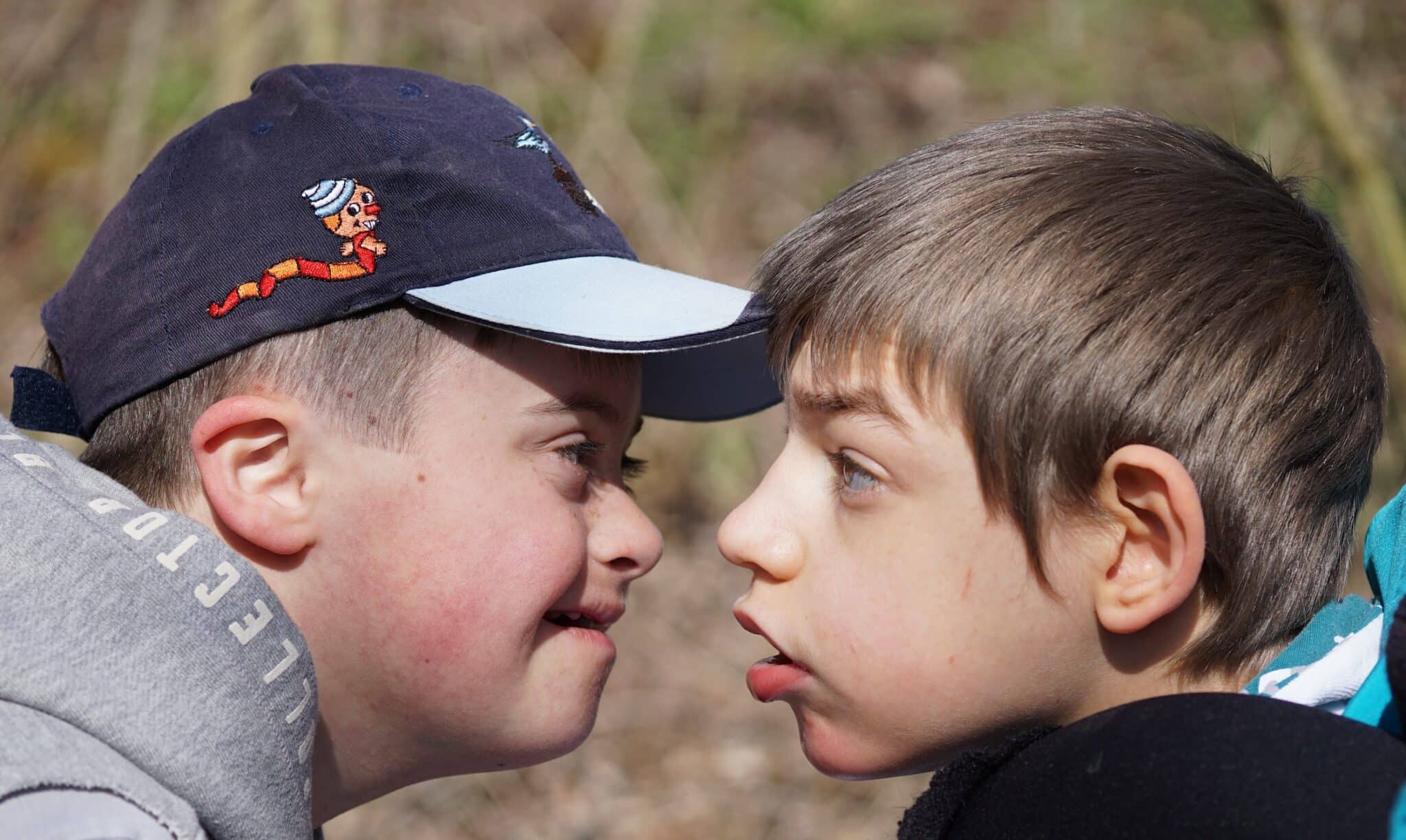“When we had our first appointment with a new neuropediatrician, he still had the PCH2 Wikipedia page open on his computer. By the way, this page was written by a mother of a PCH child.”
This quote is an example of what people with very rare diseases experience when they visit the doctor. Even specialists do not know everything about all rare diseases and it is often difficult to find expert advice. Affected families often feel left alone or do not receive satisfactory answers.
Years’ Worth of Valuable Knowledge From Parents
Families affected by PCH have committed themselves to gathering knowledge about the disease and making it accessible.
Since 2007, German-speaking parents have been able to exchange information in a private bulletin board. This forum has accumulated a wealth of applied knowledge on topics such as medication, treatment options and socio-legal aspects and issues in over 20,000 entries. Furthermore, the parents actively supported the realization of the Natural History Studies in 2014 and 2021, the summarized results of which can be found in our information brochure for parents and interested healthcare professionals, as well as in the Life Hacks section.
Because of this, parents have a lot of knowledge about the disease and tried-and-tested treatment options, often more than the doctors treating their children.
Cooperation on an Equal Footing
A successful and trust-based cooperation between therapists and families can only be achieved by working together as equals and understanding that parents are important partners in the treatment of children with a severe disability.
